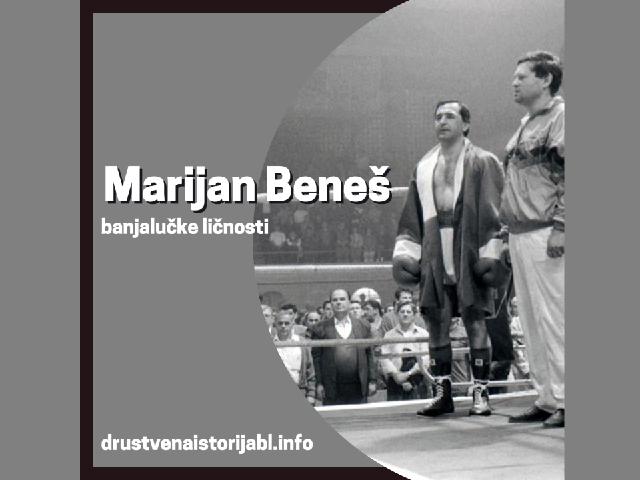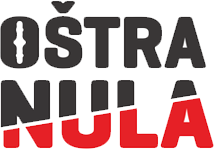Marijan Beneš is considered one of the greatest boxers of all time in the South Slavic region. He was the European amateur champion in 1973 and, just six years later, became the professional champion of the Old Continent. He always referred to himself as a Banja Luka native, even though he was born in Belgrade. He spent his childhood in Tuzla, where he completed music school and learned to play the piano and flute. He took up boxing at the age of ten in the “Sloboda” club in Tuzla, and in 1969, he transferred to BK “Slavija” in Banja Luka, which had been the club champion of Bosnia and Herzegovina for the previous two years.
Sredoje Zekanović, who was leading BK “Slavija” at the time, recognized Beneš’s potential, and three years later (1972), “Slavija” entered the first federal league of the Socialist Federal Republic of Yugoslavia (SFRY). By 1974, the club had become the champion of Yugoslavia. Older residents of Banja Luka will remember that in the 1970s, BK “Slavija” held its matches at the Sports Games Stadium, which was demolished in 2002 and was located near Hotel Bosna. It should also be noted that the Boxing Club “Slavija” Banja Luka was founded in 1961 and initially operated within the company “Rudi Čajavec.”
During his amateur career, Marijan Beneš won nine Bosnia and Herzegovina championship titles, four Yugoslav championship titles, and three Balkan championship titles. At the 1973 European Amateur Championship in Belgrade, he claimed the title of European champion in the light welterweight category. He also participated in the 1976 Montreal Olympics. Many had written him off as a boxer when he was diagnosed with hepatitis, but he did not give up and continued to compete. In 1977, Beneš turned professional and quickly rose to the top of the European boxing scene. He won the European Professional Champion title in the EBU version in Banja Luka on May 17, 1979, by knocking out Frenchman Gilbert Cohen in the fourth round. Beneš defended his professional champion title four times but lost on points in 1980 in Denmark to WBA champion Ayub Kalule.
A severe injury, when he lost his eye in a match against Torres, ultimately forced him to retire, something even hepatitis couldn’t do. Beneš ended his highly successful boxing career in 1983 but fought two exhibition matches during the 1990s. Due to his aggressive boxing style, he suffered numerous injuries throughout his career—his bones were broken in 26 different places. Vocal cord injuries also caused him speech difficulties. However, more painful than all his injuries was the suffering he endured during the senseless war of the 1990s. Beneš was expelled from Banja Luka, the city he called home, simply because he was not Serbian. In 1992, his beloved brother Ivica was killed.
Throughout his career, Beneš stepped into the ring 400 times, losing only 29 fights. As a professional, he fought 39 matches, winning 32 (21 by knockout), losing six (three by knockout), and drawing one.



